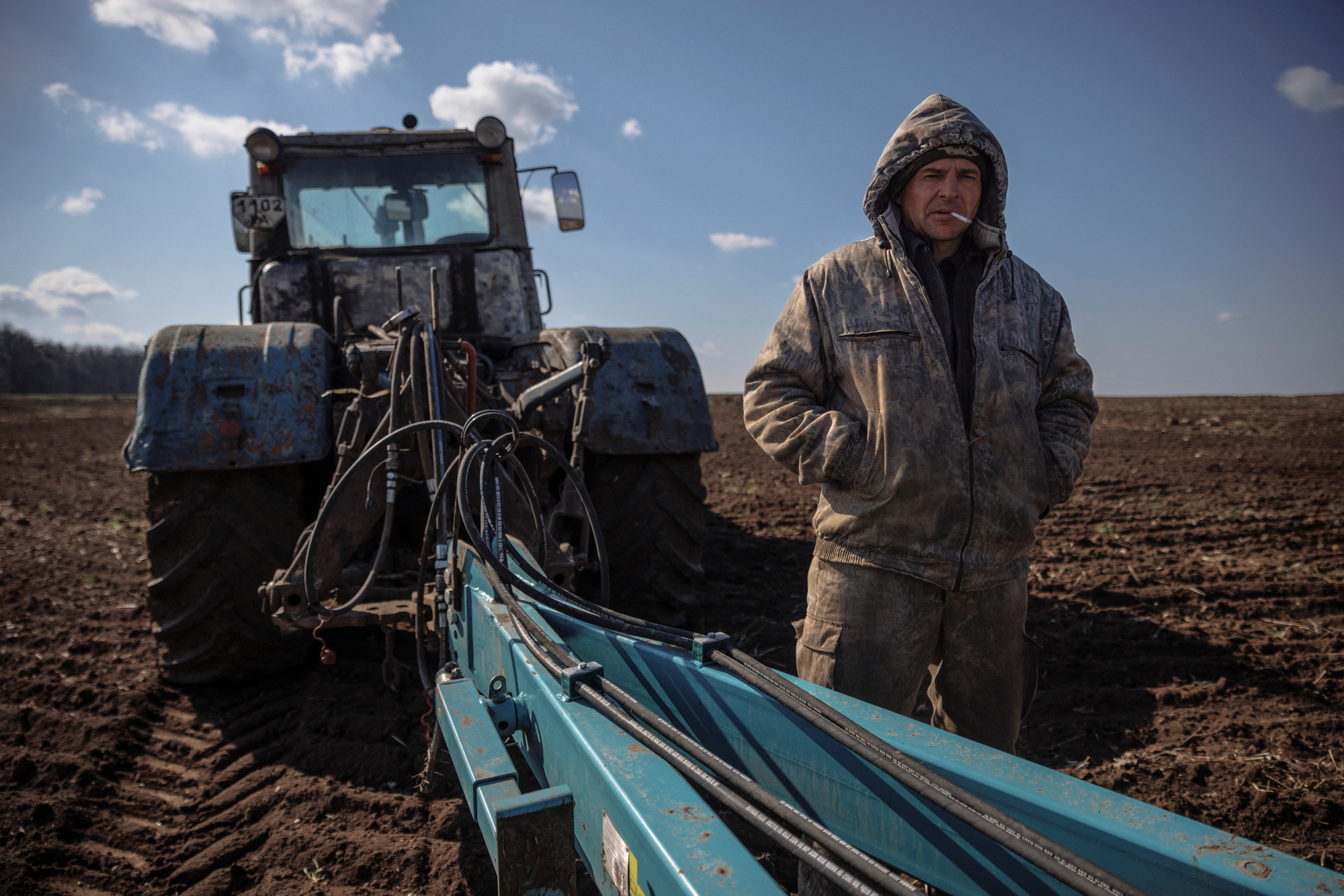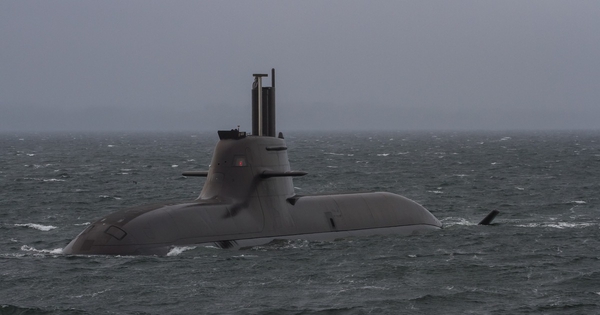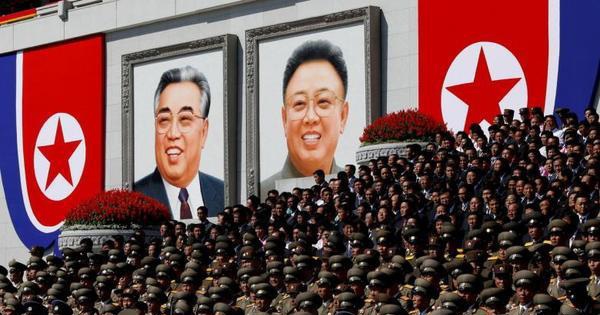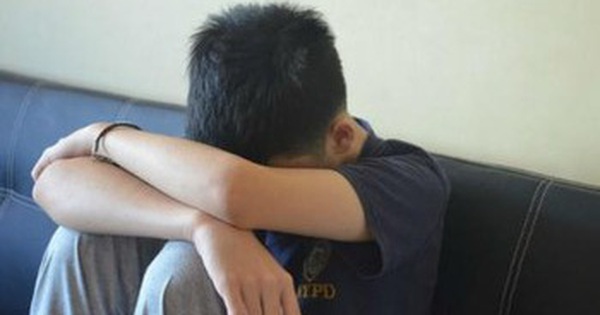Efforts to cope with the food crisis
At the 169th session of the Food and Agriculture Organization of the United Nations (FAO) Council in the second week of April, FAO Director-General Qu Dongyu warned that the Russia-Ukraine conflict will affect consumers. worldwide as food, energy and fertilizer prices rise. However, a global food crisis can still be averted.
The impact gradually spreads
The FAO says Russia and Ukraine provide nearly 30% of all global wheat exports, 20% of maize and 80% of sunflower, among other essential agricultural products. According to the AP news agency, supply disruptions from these two countries pushed grain prices up 17.1%. Sunflower oil price rose the highest with 23.2%.
Russia, Ukraine and Belarus are also the world’s top fertilizer producers. Fertilizer prices increase forcing farmers to save, reducing yields and increasing input costs, further pushing food prices up.
Newspaper The Guardian (UK) cites the warning of the International Union of Oxfam: Rising food and energy prices could push 250 million people around the world into extreme poverty by piling on the unrecoverable economic damage caused by the pandemic. Covid-19 pandemic.
The Arab News newspaper called the Russia-Ukraine conflict a “perfect storm” and said Arab countries, especially Egypt, Lebanon, Syria, Libya and Tunisia – depend heavily on grain imports from Russia and Ukraine. with an import level of up to 60% – distressed when the price of wheat increased by 55% compared to a week before Russia launched a special military operation on February 24.

Local farm worker Vladimir takes a break from plowing fields near the village of Yakovlivka (Ukraine) on April 5, after an air raid outside Kharkiv Photo: REUTERS
By all means maintain the supply
In an article, World Bank Group President David Malpass assessed that within a few weeks, the number of countries applying restrictions on food exports increased by 25%, bringing the total number of countries to implement them. restricted to 35. At the end of March, 53 new measures and policies affecting food exports were applied.
“History shows that these measures will backfire in the worst ways. Over a decade ago, these exacerbated the global food crisis, sending wheat prices up 30 percent.” – Mr. Malpass said.
FAO also mentioned that food crisis – 2008 – and emphasized the need to avoid repeating mistakes, not to disrupt supply chains, not to restrict or tax food exports.
FAO specifically proposed four groups of solutions. Firstly, quickly implement detailed soil maps, support the most vulnerable countries to use fertilizers effectively. Second, have an effective and targeted social protection plan. Third, improve biosecurity measures in neighboring countries of Ukraine to reduce the spread of African swine fever and other zoonoses. Fourth, enhance market transparency and policy dialogue to minimize disruptions to supply chains and ensure the smooth flow of global trade in food and agricultural products.
Many European leaders come to Ukraine
The leaders of Poland and the three Baltic states on April 13 met with Ukrainian President Volodymyr Zelensky in the capital Kiev to show their support for the people of this country. According to Lithuanian President Gitanas Nausea, issues related to “political support and military aid” to Ukraine were also discussed.
The visit was also attended by Polish President Andrzej Duda, Latvian President Egils Levits and Estonian President Alar Karis. They are the latest European politicians to visit Kiev since Russian forces were driven back from northern Ukraine earlier this month. They arrived in Kiev a day after President Vladimir Putin announced that Russia’s military operation in Ukraine would continue until Moscow fulfills its stated objectives.
President Putin also stressed that Moscow launched the military operation because “there is no other choice” to protect the people in the eastern regions of Ukraine and “ensure the security of Russia itself”. The Kremlin boss emphasized that the military operation is still going according to plan and the end date depends on the intensity of the battles.
President Putin also vowed that the West would fail in its efforts to isolate Russia economically and that his country had stood firm in the face of sanctions. President Putin launched a special military operation against Ukraine on February 24 to accomplish what he described as the “demilitarization” and “de-fascistization” of Ukraine.
Cao Luc
at Blogtuan.info – Source: nld.com.vn – Read the original article here



